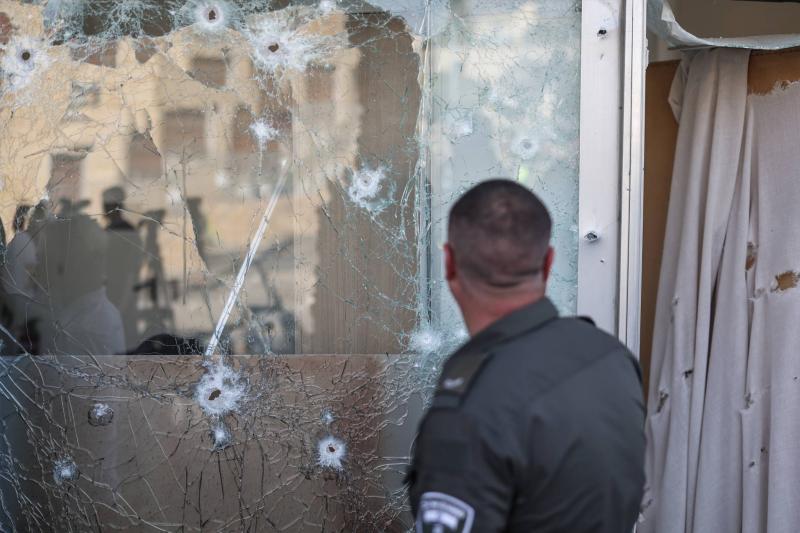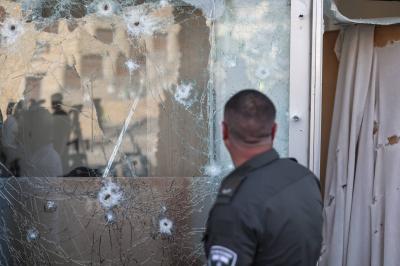The Israeli military held the Lebanese government responsible for the launch of rockets from its territory towards Israel. A spokesperson stated that the group behind the rocket fire is Hamas in Lebanon and mentioned, "We are examining the possibility of Iranian involvement." Israeli media reported that Prime Minister Netanyahu is discussing with the army's General Staff and the Minister of Defense potential responses to the rocket launches, with indications pointing towards a decisive response targeting Hamas centers in Lebanon and Gaza.
Israeli opposition leader Yair Lapid called for a firm response to the rocket attacks, affirming his full support. Meanwhile, the United Nations Interim Force in Lebanon (UNIFIL) issued a statement describing the situation along the borders between Lebanon and Israel as "extremely dangerous," urging all parties to restrain themselves to avoid further escalation. The UNIFIL statement noted that following the rocket launches from southern Lebanon towards Israel, the Israeli army informed UNIFIL that it activated the Iron Dome defense system in response, and that UNIFIL's Commander Major General Aroldo Lázaro is in contact with authorities on both sides of the Blue Line.
On the other hand, Reuters reported from three Israeli security sources that the Palestinian factions based in Lebanon, rather than Hezbollah, are behind the rocket attacks, and the Israeli army is still assessing the situation. Israeli army spokesman Avichai Adraee announced on his Twitter page that 34 rockets were launched, 25 of which were intercepted, while five fell within Israeli territory, with the locations of four other rockets still being determined. He indicated that there are no exceptional directives for the home front.
The outcome of the rocket fire resulted in three lightly injured Israelis. After about two hours of escalation, there is a cautious calm along the border and a sense of anticipation regarding the decision that will be made by the Israeli Security Cabinet.




